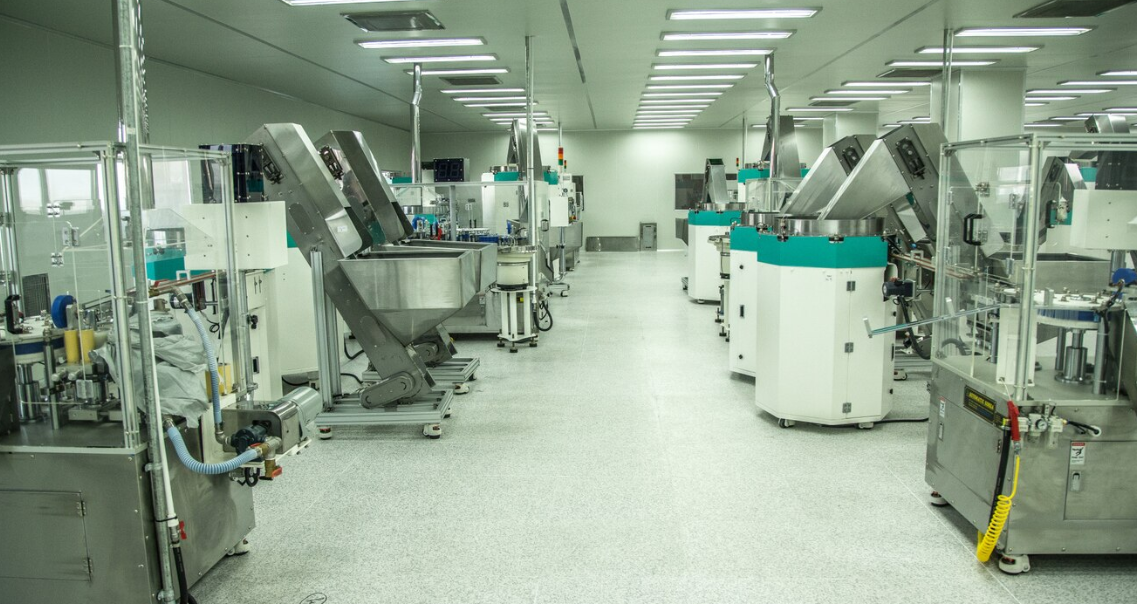Nigeria’s pharmaceutical sector is poised for unprecedented growth, with projections indicating a rise from a $2 billion industry to $10 billion by 2030. The Association of Community Pharmacists of Nigeria (ACPN) made this ambitious declaration during its recent national conference, attributing the growth to significant investments in Active Pharmaceutical Ingredient (API) production, local manufacturing hubs, and policy reforms aimed at achieving medicine security.
As the country grapples with rising healthcare demands, unstable foreign exchange, and drug importation challenges, stakeholders say building local pharmaceutical capacity is the only sustainable solution.
Local Manufacturing at the Center of the Growth Strategy
The ACPN’s vision centers around the local production of APIs, which are the essential raw materials used to manufacture medicines. Currently, Nigeria imports nearly 70%–80% of its pharmaceutical products and ingredients, mainly from India and China. This dependency has left the sector vulnerable to supply chain disruptions, fluctuating exchange rates, and quality control issues.
To counter this, the Nigerian government through partnerships with the National Agency for Food and Drug Administration and Control (NAFDAC) and the Pharmaceutical Council of Nigeria (PCN) is working to establish dedicated pharmaceutical industrial parks, with pilot projects already underway in Lagos, Ogun, and Kaduna States.
“Our goal is to transform Nigeria from a drug-dependent nation to a drug-producing powerhouse,” said Pharm. Wale Oladigbolu, National Chairman of the ACPN. “Medicine security is national security.”
Why the Expansion Matters
The shift toward local pharmaceutical manufacturing and API production is expected to have far-reaching benefits:
-
Reduced cost of essential medicines for Nigerians
-
Job creation across production, research, logistics, and retail sectors
-
Improved access to quality, affordable medicines in rural and urban areas
-
Stronger response capacity to health emergencies, epidemics, and pandemics
-
Boost in export potential within the ECOWAS region and African Continental Free Trade Area (AfCFTA)
Investment and Global Partnerships
The optimism around Nigeria’s pharma sector growth is backed by new investments and partnerships. In 2024, international firms including GSK Nigeria, May & Baker, and Swiss Pharma Nigeria began expanding their facilities to accommodate API manufacturing. In addition, public-private initiatives have secured funding from development finance institutions such as the Bank of Industry (BOI) and African Export-Import Bank (Afreximbank).
The Federal Ministry of Health is also working closely with local pharmaceutical research centers and universities to develop talent pipelines and support indigenous innovation in drug discovery and development.
Challenges Still Loom
Despite the promising outlook, several challenges remain:
-
Inconsistent regulatory enforcement
-
High energy costs for manufacturers
-
Limited access to foreign exchange for procurement of equipment and materials
-
Counterfeit drug circulation, which undermines local producers
Pharmacists and industry experts warn that to meet the 2030 target, the government must provide policy stability, tax incentives, and infrastructure support, especially for startups and small-scale manufacturers.
“We have the vision, we have the talent, but we must remove the bottlenecks,” noted Dr. Chika Ezeanya, a pharmaceutical policy analyst.
Conclusion: A Pharmaceutical Future Built in Nigeria
The projected leap from $2 billion to $10 billion in Nigeria’s pharmaceutical industry is more than an economic statistic—it’s a national imperative. By localizing drug production, improving access to APIs, and empowering pharmacists and manufacturers, Nigeria stands to not only improve public health outcomes but also emerge as a leader in Africa’s medical supply chain.
If executed effectively, this bold transformation could mark the beginning of a healthcare industrial revolution powered by Nigerian hands, for Nigerian lives.
Published on Xamblog.com – Your trusted source for development, healthcare, and economic innovation in Nigeria.
Last Updated on July 10, 2025 by kingstar





